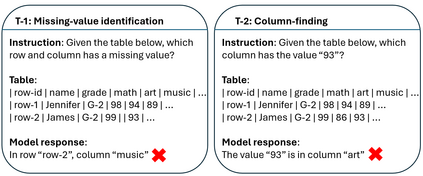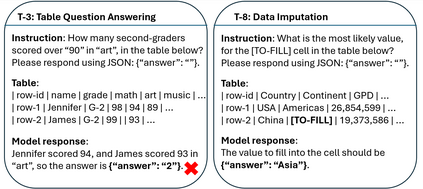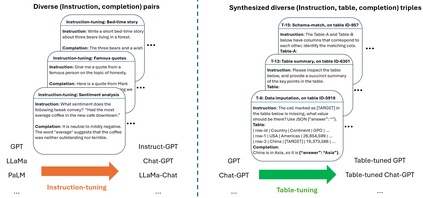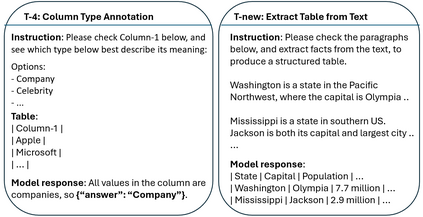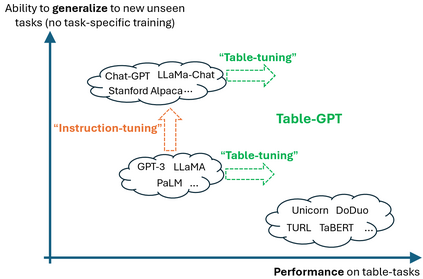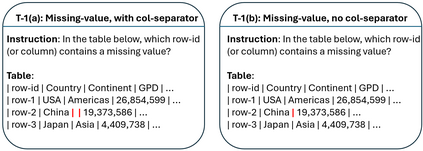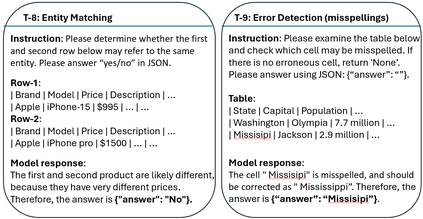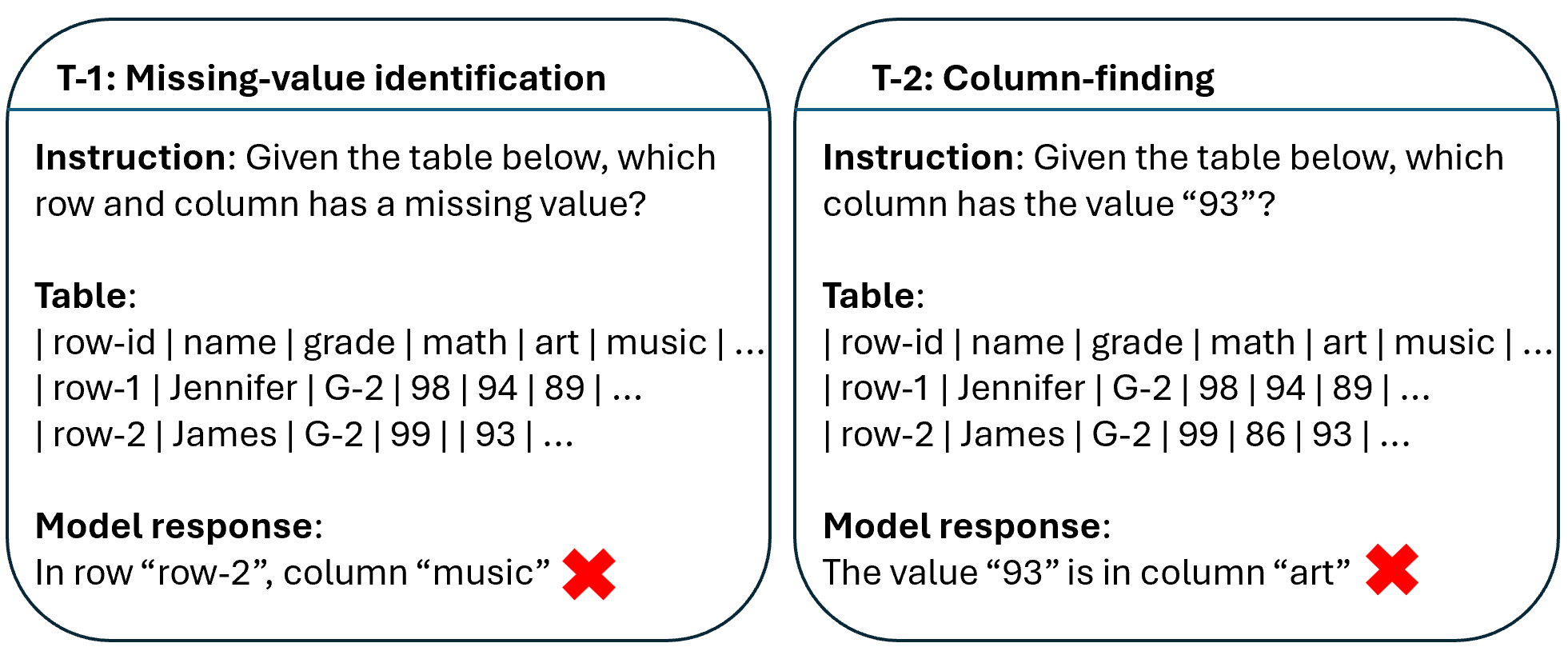Language models, such as GPT-3.5 and ChatGPT, demonstrate remarkable abilities to follow diverse human instructions and perform a wide range of tasks. However, when probing language models using a range of basic table-understanding tasks, we observe that today's language models are still sub-optimal in many table-related tasks, likely because they are pre-trained predominantly on \emph{one-dimensional} natural-language texts, whereas relational tables are \emph{two-dimensional} objects. In this work, we propose a new "\emph{table-tuning}" paradigm, where we continue to train/fine-tune language models like GPT-3.5 and ChatGPT, using diverse table-tasks synthesized from real tables as training data, with the goal of enhancing language models' ability to understand tables and perform table tasks. We show that our resulting Table-GPT models demonstrate (1) better \emph{table-understanding} capabilities, by consistently outperforming the vanilla GPT-3.5 and ChatGPT, on a wide-range of table tasks, including holdout unseen tasks, and (2) strong \emph{generalizability}, in its ability to respond to diverse human instructions to perform new table-tasks, in a manner similar to GPT-3.5 and ChatGPT.
翻译:暂无翻译

